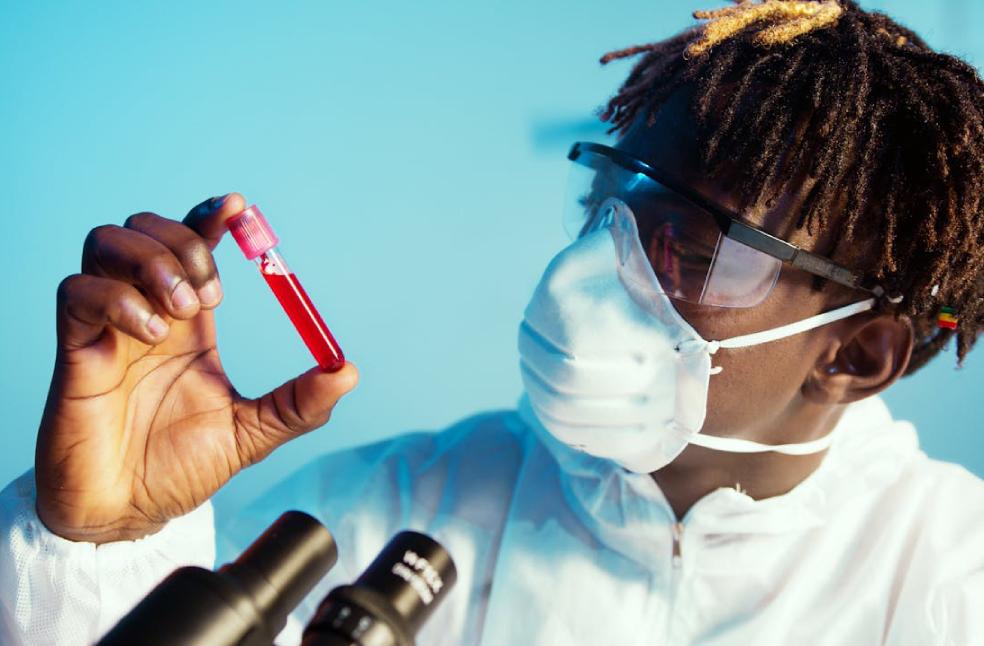England: A groundbreaking gene therapy, costing over £1.6 million per treatment, will soon be available to patients in England with an inherited blood disorder, making them the first in Europe to benefit from it, remarked by the National health service (NHS).
The treatment, known as Casgevy (also referred to as exa-cel), utilises ‘molecular scissors’ to rectify a damaged gene responsible for the debilitating condition beta thalassaemia. Clinical trials have shown that approximately 90% of patients were cured by the primary treatment with Casgevy.
Currently, individuals severely affected by the disease require frequent blood transfusions, as their red blood cells fail to carry sufficient oxygen throughout the body.
In its final draft guidance, the National Institute for Health and Care Excellence (NICE) has stated that Casgevy will be immediately available on the NHS to treat severe beta-thalassaemia, while additional data is gathered on its cost-effectiveness.
Helen Knight, Director of Medicines Evaluation at NICE, said that, “Although there are some uncertainties in the evidence for its long-term benefits, the committee felt exa-cel could represent a potential cure for some people with transfusion-dependent beta-thalassaemia, freeing them from the burden and risks of needing regular blood transfusions.”
Beta thalassaemia predominantly affects individuals of Bangladeshi, Indian, and Pakistani ethnic origin in the UK. The disease leads to delayed growth, bone and hormonal issues, and impacts both life expectancy and quality.
Initially, NICE determined that there was insufficient evidence of clinical benefit to support the cost of Casgevy, which has a list price of £1,651,000. However, the manufacturer, Vertex, agreed to a confidential discount, and approximately 460 patients over the age of 12 received the treatment through the Innovative Medicines Fund to further study its benefits.

Patients with beta thalassaemia are unable to produce sufficient haemoglobin, a protein in red blood cells that carries oxygen. To rectify this, doctors remove stem cells that produce red blood cells, use the CRISPR technique (a Nobel Prize-winning method) to make precise cuts in the damaged gene, and then transfuse the corrected cells back into patients.
In a clinical trial, 90% of the 42 individuals who received the treatment did not require a red blood cell transfusion for at least a year, while others required fewer blood transfusions.
Yasmin Sheikh, from the stem cell charity Anthony Nolan, commented that, “We’re delighted with this historic decision to approve the UK’s first ever CRISPR-based therapy. Casgevy offers an effective cure for transfusion-dependent beta thalassaemia, a debilitating condition that was previously incurable in patients who don’t have a stem cell donor.”
However, the charity urged NICE and Vertex to reach an arrangement that would allow casgevy to be used for sickle cell disease, another hereditary blood disorder. Although the UK medicines regulator stated that it was an effective and safe treatment for the disease last year, it is still awaiting clearance from NICE before being allowed on the NHS.
Yasmin Sheikh added that, “This groundbreaking therapy must also be funded for people with sickle cell, where it has huge promise and is desperately needed. We hope this approval for thalassaemia demonstrates a solution is possible, and urge NICE and Vertex to work together to deliver this treatment to patients with sickle cell.”



